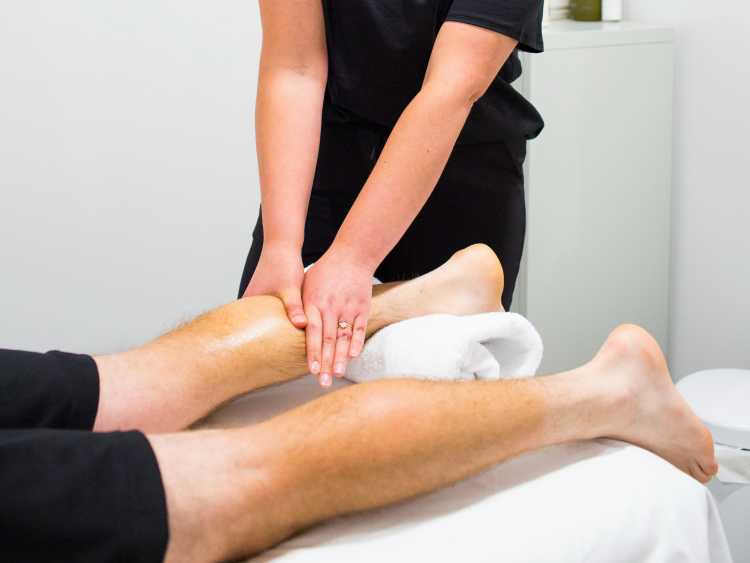
Sports injury or niggle? Here’s when you should book in for physiotherapy!
Sometimes with an injury we keep pushing through in the hopes that it will get better on it’s own, and sometimes this works out alright for us! However in a lot of cases we may need some input from a health professional - this article will help guide you as to when it might be appropriate to see a physio, and what signs to look out for!
1: You had an actual injury occur that has caused your pain
For example, you rolled your ankle or fell over and twisted your knee. Due to the mechanism and force involved in an event like this there is likely to be tissue damage which would be worth getting assessed and having a treatment plan to allow for optimal healing and a speedy recovery, without the risk of re-injury!
2: There is swelling over the painful area
Swelling is a sign of inflammation which is also most likely due to tissue damage, and is not normal! We recommend you get this checked out by a physio or health professional.
3: The pain gets worse throughout a training session or over the week
Pain that doesn’t improve after you have warmed up is often a sign of injury, rather than just being a niggle. This is another reason to book in for a physio appointment, you don’t want that to be getting any worse!
4: The pain remains after a training session or when resting/at night
Night pain or pain that lasts more than a few hours (i.e. is still sore the following morning/day) is usually a sign that you may be overdoing it and your injury is not coping with the load. In particular, pain that is waking you up at night is a sign of a significant injury.
5: You are modifying your movement patterns to compensate for the pain
A good sign that you are needing physio is altered movement patterns, for example this may be a limp or altered gait in the case of lower limb injuries, or poor scapular movements in the shoulder due to pain in this area. This is our body’s way of compensating for the injury, but can often lead to further issues!
6: The pain is over a 5/10
If you aren’t familiar with the pain scale - here it is:

We recommended that if your pain is getting up to a 5/10 or more then this is likely due to an injury and should be assessed.
7: You get lots of ‘niggles’ one after the other, and don’t feel recovered
Although in isolation these niggles may not seem too severe, if you are having recurrent injuries and/or not feeling recovered then this could be a sign of an underlying issue with your body's systems and net energy expenditure. This is something a physio can help with, we also work closely with sports physicians who we can refer to as needed.